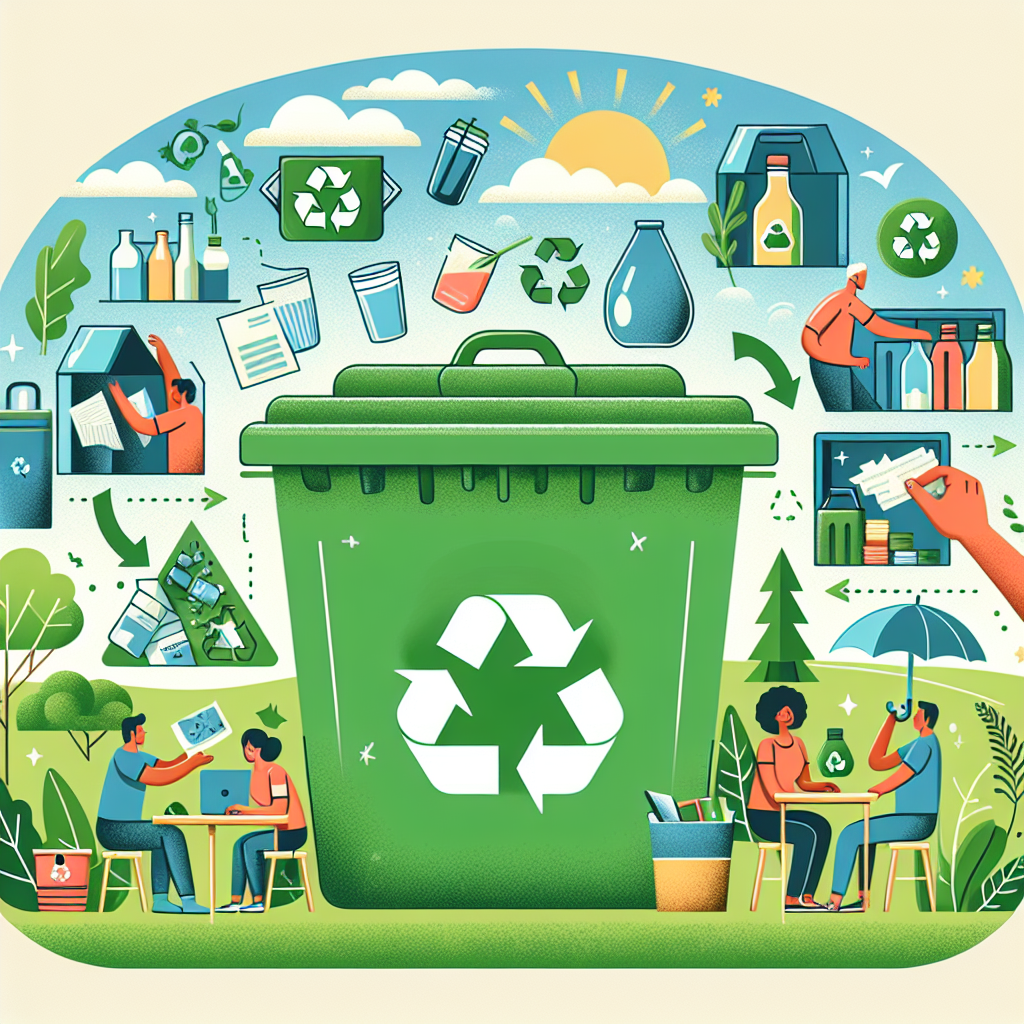ADB and Solomon Islands Partner in Solid Waste Management and Transport Infrastructure Projects
This new initiative will improve waste management infrastructure, boost public health, and increase the climate resilience of Greater Honiara, Solomon Islands’ main urban center.

The Asian Development Bank (ADB) and the Government of Solomon Islands have signed agreements for a $6.93 million concessional loan and a $12.48 million grant aimed at improving solid waste management in Greater Honiara. The agreements, signed by Finance Minister Manasseh Sogavare and ADB’s Pacific Director General Leah Gutierrez at the Ministry of Finance, support the Integrated Solid Waste Management Project for Climate-and Disaster-Resilient Honiara.
This new initiative will improve waste management infrastructure, boost public health, and increase the climate resilience of Greater Honiara, Solomon Islands’ main urban center. Additionally, by addressing current waste disposal challenges and improving ocean health around Guadalcanal Island, the project aligns with broader environmental sustainability goals. “The project will greatly improve environmental conditions, reduce greenhouse gas emissions, and contribute to more sustainable waste management,” stated Ms. Gutierrez.
Addressing Waste Collection Challenges in Honiara
Currently, Honiara generates approximately 80 tons of solid waste daily, with only 59% collected; the rest is often burned openly or illegally dumped. The project will address these issues by developing climate-resilient waste management systems, including constructing a new controlled landfill, rehabilitating the existing dump site, and implementing enhanced service delivery and governance improvements.
The project’s grant component, amounting to $12.48 million from the Asian Development Fund (ADF), is critical for helping ADB’s poorest and most vulnerable member countries access essential services and improve environmental resilience. The ADF is replenished every four years through contributions from donor countries, underscoring a collective effort to support sustainable development in the region.
Circular Economy and Ocean Health Goals
In addition to solid waste management, the project includes community livelihood programs, recycling initiatives, and public awareness campaigns to foster a circular economy and improve waste reduction. By enhancing ocean health through these programs, the initiative aims to curb pollution in the Pacific, a key biodiversity hotspot, benefiting marine life and the local communities dependent on these resources.
Additional Financing for Transport Connectivity
The agreements also include a $53 million loan and grant package as part of a second tranche of financing for the ADB-supported Land and Maritime Connectivity Project. Approved in October 2024, this funding will strengthen transport infrastructure, providing more reliable land and maritime connectivity, particularly to remote areas in Solomon Islands. This initiative aims to support economic development by ensuring more efficient transportation routes for goods and services, ultimately enhancing economic resilience and access to essential services across the islands.
The ADB’s continued support reflects its commitment to environmental sustainability, climate resilience, and inclusive economic growth, aligning with the Solomon Islands' long-term goals for sustainable development and resilience against climate impacts.
- READ MORE ON:
- Solomon Islands
- Asian Development Bank










